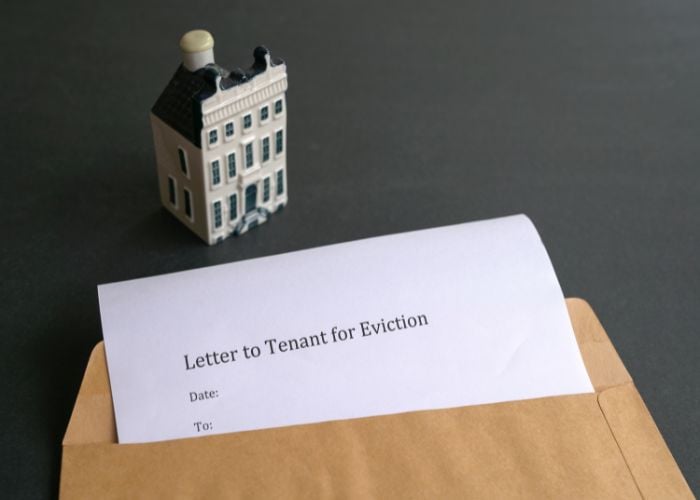How to Legally Evict Tenants Who Stop Paying Rent
Non-paying tenants can complicate a landlord’s life. As a property owner, you have a vision for the steady income and financial security your rental property should provide. When a tenant stops paying their rent, you stop benefitting from your investment and are forced to manage difficult conversations that often have no resolution. It is an exasperating situation to be in, but you can act and pursue a fair eviction.
Fortunately, there are legal steps you can take to regain control of your property and benefit from your investment. Need to evict a tenant? RCS Law can help. We take pride in delivering a compliant and effective eviction service, backed by our extensive expertise in property law. You have the right to evict a tenant who is in breach of their contract, and we will guide you at every stage of the process. This is how to legally evict tenants who stop paying rent.
Step 1: Review The Lease Agreement
Start by examining your lease agreement. This agreement is the foundation of your rental relationship. It protects you and your tenant, and should define the terms of payment and clarify what would be considered a breach of contract.
Step 2: Issue a Written Notice
You will need to issue an official written notice to your tenant, informing them of their overdue rent and giving them time to settle the outstanding amount. This is referred to as a “notice to remedy breach.” The notice must clearly state the amount of rent overdue, the deadline for payment (which is 20 business days), and the consequences if payment is not made. Remember to keep records of all interactions.
Step 3: Apply for Eviction Order
If your tenant still has not paid by the deadline outlined in your written notice, you will need to apply for an eviction order in court. You cannot evict on your own terms, by changing locks, removing their belongings, or shutting off utilities – this could result in legal action against you. It is useful to work with an eviction attorney from our team who understands and complies with the Prevention of Illegal Eviction from and Unlawful Occupation of Land Act (PIE Act).

Step 4: Follow Court Procedures
Once you have applied for an eviction order, the court will set a hearing date. You and your tenant can both present your case, and if you are working with one of our eviction attorneys, we will attend the hearing and represent you. The court will require you to present documents, such as:
- A copy of the lease agreement
- Records that reflect payments and arrears
- Copies of the written notices issued
- Any related communication with your tenant
If the ruling is in your favour, the court will issue an official eviction order.
Step 5: Sheriff Carries Out Eviction
Your tenant is informed of this scheduled eviction in advance, giving them the chance to leave voluntarily. If they refuse to vacate, only a sheriff of the court can enforce an eviction, and they will do so legally and safely.
Evict Successfully with RCS Law
Our team are property law experts, and work with owners to ensure stress-free, compliant, and legal evictions. Rental agents also partner with RCS for eviction services, giving landlords access to the best legal guidance. Ready to get started? CONTACT US to discuss your situation, or complete our Eviction Services Client Interest Form.
